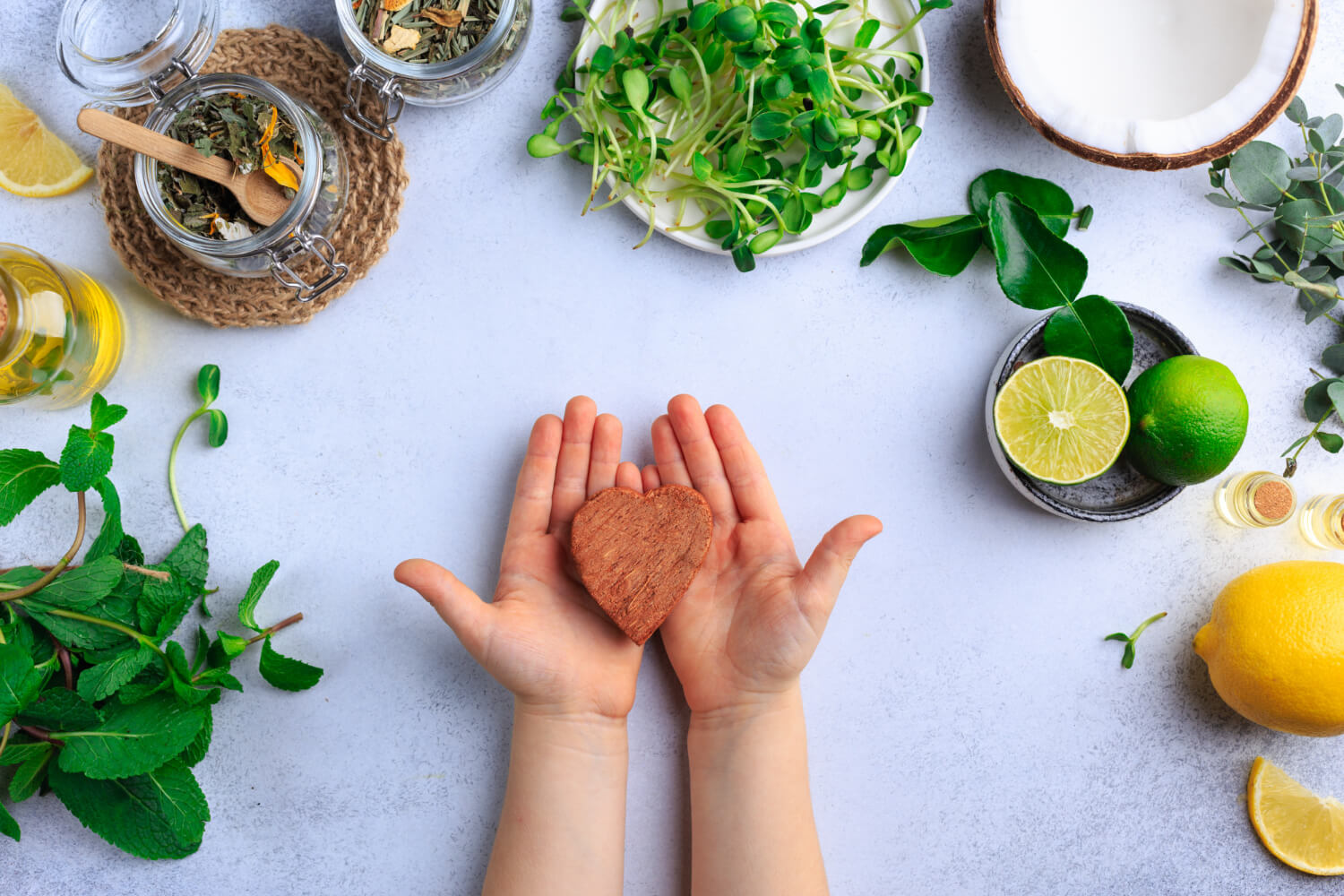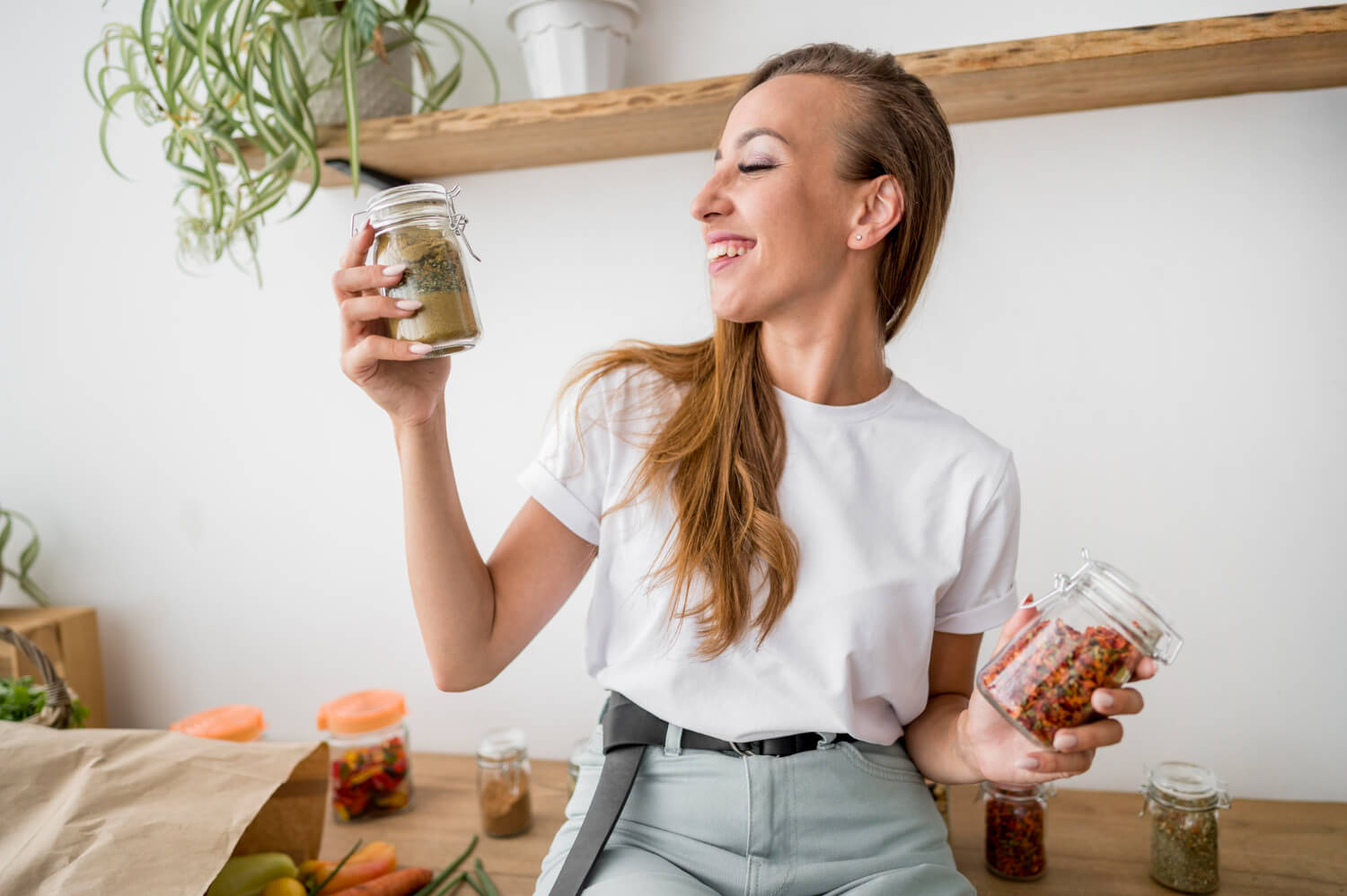Chronic inflammation is the underlying cause of numerous health conditions, including heart disease, arthritis, diabetes, and even cancer. While inflammation is a natural immune response to injury or infection, persistent inflammation can have detrimental effects on the body. Fortunately, there are natural ways to reduce and prevent chronic inflammation without relying on medication. By making lifestyle adjustments, incorporating anti-inflammatory foods, and managing stress, you can take proactive steps to protect your health.
1. Adopt an Anti-Inflammatory Diet
Your diet plays a crucial role in regulating inflammation. Consuming whole, nutrient-dense foods can help prevent chronic inflammation, while processed foods can exacerbate it. Here are some key dietary recommendations:
Foods to Eat:
- Fruits and Vegetables: Berries, leafy greens, broccoli, tomatoes, and peppers are rich in antioxidants and phytonutrients that fight inflammation.
- Healthy Fats: Avocados, olive oil, nuts, and seeds contain monounsaturated fats that help reduce inflammation.
- Omega-3 Fatty Acids: Fatty fish like salmon, sardines, and mackerel are excellent sources of omega-3s, which have strong anti-inflammatory properties.
- Whole Grains: Brown rice, quinoa, and whole oats provide fiber, which supports gut health and lowers inflammation.
- Herbs and Spices: Turmeric, ginger, garlic, and cinnamon contain bioactive compounds that combat inflammation.
Foods to Avoid:
- Processed Foods: Packaged snacks, fast food, and frozen meals often contain trans fats, added sugars, and artificial ingredients that trigger inflammation.
- Refined Carbohydrates: White bread, pastries, and sugary cereals can spike blood sugar levels and promote inflammation.
- Fried and Charred Foods: High-heat cooking methods can produce harmful compounds that increase inflammation.
- Excessive Alcohol and Sugary Beverages: High alcohol consumption and sugary drinks contribute to oxidative stress and inflammation.
2. Maintain a Healthy Gut
Your gut health is closely linked to inflammation. An imbalance of gut bacteria, known as dysbiosis, can trigger immune responses that lead to chronic inflammation. To support a healthy gut:
- Eat Fermented Foods: Yogurt, kefir, sauerkraut, and kimchi contain probiotics that promote beneficial gut bacteria.
- Increase Fiber Intake: Prebiotic-rich foods like garlic, onions, leeks, and bananas nourish good bacteria.
- Avoid Overuse of Antibiotics: Unnecessary antibiotic use can disrupt gut microbiota, leading to inflammation.
3. Engage in Regular Physical Activity
Exercise is one of the most effective natural ways to combat chronic inflammation. It helps regulate the immune system, improves circulation, and reduces stress hormones.
Recommended Activities:
- Aerobic Exercise: Brisk walking, jogging, cycling, and swimming help lower inflammatory markers in the body.
- Strength Training: Resistance exercises promote muscle health and help regulate inflammation.
- Yoga and Stretching: These activities improve flexibility, circulation, and stress management.
Aim for at least 150 minutes of moderate exercise or 75 minutes of vigorous exercise per week to keep inflammation at bay.
4. Prioritize Quality Sleep
Poor sleep is strongly associated with increased inflammation and a higher risk of chronic diseases. To improve sleep quality:
- Maintain a Consistent Sleep Schedule: Going to bed and waking up at the same time every day supports circadian rhythms.
- Create a Relaxing Bedtime Routine: Limit screen time, read a book, or practice deep breathing before bed.
- Ensure a Dark and Cool Environment: Reduce light exposure and keep your room at a comfortable temperature.
Getting 7-9 hours of restorative sleep each night is essential for keeping inflammation in check.
5. Manage Stress Effectively

Chronic stress elevates cortisol levels, which can trigger inflammatory responses in the body. Adopting stress-reduction techniques can help lower inflammation naturally.
Effective Stress-Relief Strategies:
- Meditation and Mindfulness: Practicing deep breathing and mindfulness can lower stress hormones.
- Spending Time in Nature: Exposure to green spaces can have calming effects on the body.
- Social Connections: Strong relationships and social support reduce stress-related inflammation.
- Hobbies and Relaxation Techniques: Engaging in activities you enjoy, such as painting, gardening, or playing music, can help manage stress levels.
6. Stay Hydrated
Drinking enough water is essential for flushing out toxins and supporting metabolic functions. Dehydration can lead to increased inflammation and oxidative stress.
Hydration Tips:
- Drink at Least 8 Cups of Water Daily: Adjust based on activity levels and climate.
- Consume Herbal Teas: Green tea, chamomile, and ginger tea have anti-inflammatory benefits.
- Limit Sugary Drinks: Stick to water and natural beverages to avoid inflammatory spikes.
7. Reduce Exposure to Environmental Toxins
Environmental toxins from pollution, chemicals, and pesticides can contribute to chronic inflammation.
Ways to Minimize Exposure:
- Choose Organic Foods When Possible: Reduce pesticide exposure by opting for organic produce.
- Use Natural Cleaning Products: Harsh chemicals in cleaning agents can trigger inflammatory responses.
- Avoid Plastic Containers: Use glass or stainless steel to store food and beverages to prevent chemical leaching.

Conclusion
Preventing chronic inflammation naturally requires a holistic approach that includes a nutrient-dense diet, regular exercise, quality sleep, stress management, and reducing toxin exposure. By incorporating these lifestyle changes, you can lower your risk of inflammation-related diseases and improve your overall well-being. Start with small, sustainable changes today, and your body will thank you in the long run.





